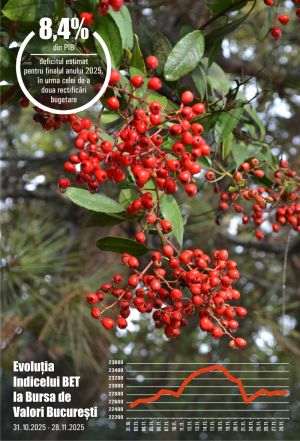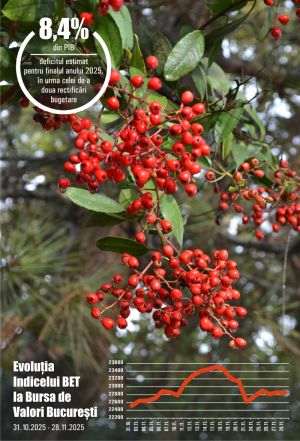Changes in temperature greatly influence life on this planet. The water temperature in Australia's Great Barrier Reef has reached its highest level in 400 years in the last decade, according to a study. Water temperatures have risen every year since 1960, but have been particularly high during recent coral bleaching episodes, according to research published in the prestigious scientific journal Nature. A warming of the water which is, most likely, the consequence of climate changes caused by human action. The co-author of the study, Helen McGregor, was "extremely concerned" by the "unprecedented" increase in water temperature. The Great Barrier Reef, which stretches for about 2,300 kilometers along the coast of the state of Queensland (northeast Australia), is considered the largest living structure in the world. It harbors an extremely rich biodiversity, with over 600 species of corals and 1,625 species of fish. Coral reefs also protect shorelines from erosion and are an important source of tourism income for many countries. The phenomenon of coral bleaching, which translates into their discoloration, is caused by an increase in water temperature, which results in the expulsion of symbiotic algae that give the coral its specific color. If the high temperatures persist, the coral turns white and dies. Researchers from several Australian universities studied surface temperatures in the Great Barrier Reef using old coral samples to reconstruct temperature conditions in 1618. The scientists drilled cores into the corals and, just like counting the rings of a tree , analyzed samples taken to assess summertime ocean temperatures since 1618. Along with data provided by ships and satellites dating back about a hundred years, the results showed that ocean temperatures, which had been stable for hundreds of years years, they began to increase after 1900, as a result of human influence, the research concluded. From 1960 to 2024, the study authors observed an average annual warming for the January-March period of 0.12 degrees Celsius per decade. During the last mass bleaching episodes (2016, 2017, 2020, 2022 and 2024), temperatures were even higher. Although corals can recover, increasingly high water temperatures, combined with successive episodes of bleaching, are putting severe pressure on them, warned Helen McGregor. "From what we see so far, these changes seem to be happening too quickly, so the corals don't have time to adapt, which really threatens the reef as we know it," warned the researcher from the University of Wollongong (Australia ). This year's bleaching episode, one of the worst and most extensive ever observed, caused extreme damage to 81 percent of the reef, according to the latest government data. Scientists will only be able to determine in a few months what percentage of the reef can no longer be saved. "For the moment, we can see that the reef is holding up," Richard Leck, head of oceans at the World Wide Fund for Nature (WWF) Australia, told AFP. "It has recovered from previous coral bleaching crises, but at some point the "elastic' will break," he added. "Coral reefs are the first ecosystem on the planet whose existence has been threatened by climate change," warned the specialist. "We have to hope that the world will not sit idly by and allow this to happen. But there is only a fraction of a second until midnight," Richard Leck pointed out. In June, UNESCO called on Australia to take "urgent" action to protect the Great Barrier Reef, particularly by adopting more ambitious climate targets. Australia has invested approximately $3.2 billion (euro1.92 billion) in improving water quality, reducing the effects of climate change and protecting endangered species.
The temperature of the water in the Great Barrier Reef, the highest level in the last 400 years
O.D.
English Section / 9 august 2024























































